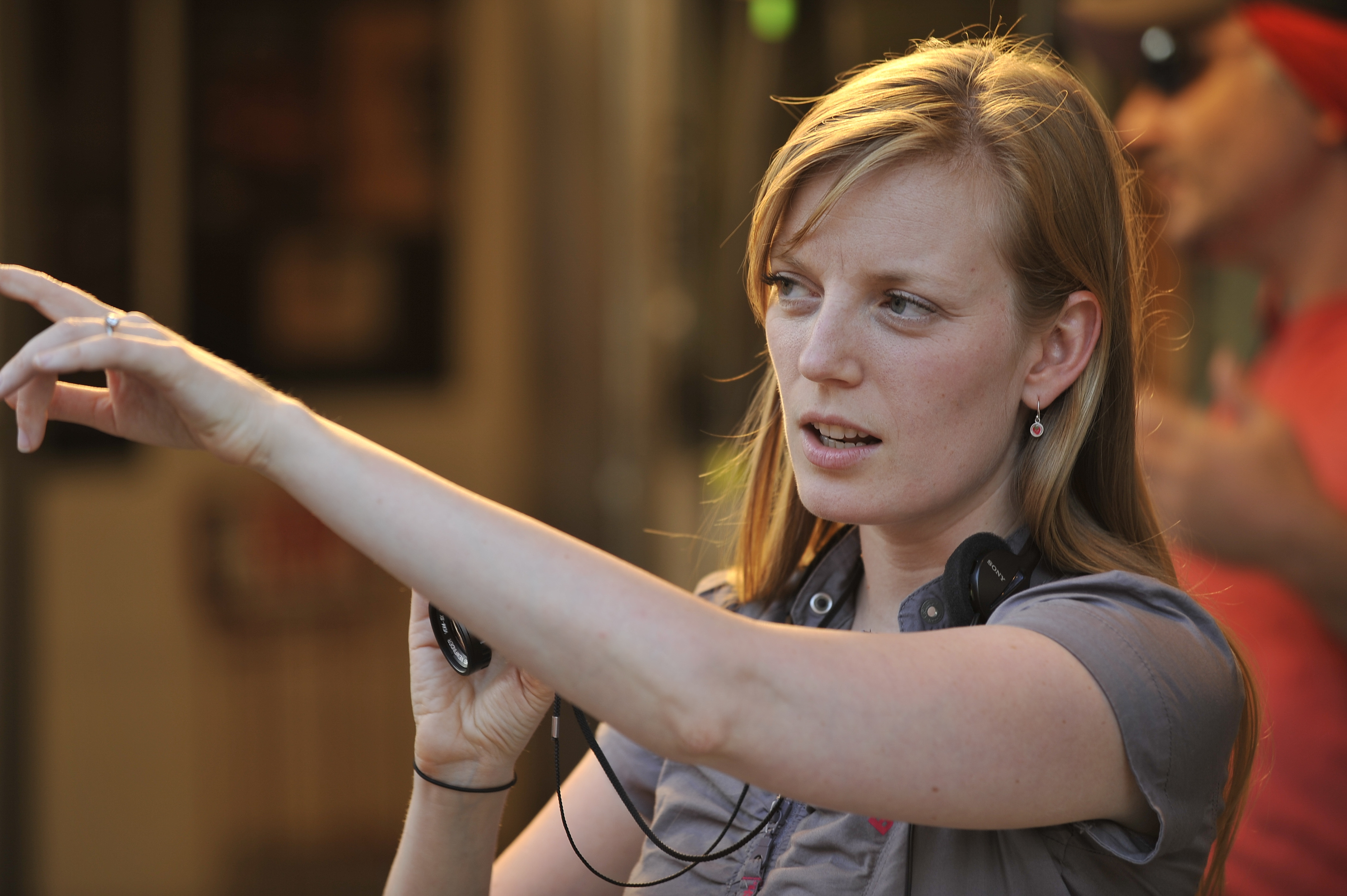Actor, writer and director Sarah Polley is spending a lot of time at University College this academic year as the Barker Fairley Distinguished Visitor in Canadian Studies. She’s been meeting frequently with students, and in January organized “Toronto: City on Screen,” a panel discussion at UC featuring some of Canada’s most recognized filmmakers. She spoke recently with U of T Magazine.
What advice are you giving to students who want to make films?
The most important thing is to keep working. It’s so easy to make short films now with very little budget. There is no reason not to start making films instead of just thinking about them.
Have students shown you any scripts? What do you think?
The scripts I’ve read and ideas I’ve heard have generally been better than what is out there being made right now. It’s been encouraging to meet people with really original ideas. The main issue is that students lack confidence to move forward with their projects. They feel that they don’t know what they are doing or that they have a lot to learn before they can begin to make their own movies. I would say that anyone who is interested in movies, watches a lot of them and is writing a screenplay – and handling a full university course load – knows more than enough to begin making their own films.
What do you like most about making films? Screenwriting is my favourite part of the filmmaking process because everything is still possible and not mitigated by the exigencies of production. I find it to be a joyful process as well as agonizingly lonely. It is so magical, later, to have dozens of extremely talented people make those ideas you’ve had alone in a quiet room become tangible and real.
How do you choose your acting roles?
I used to choose them based almost exclusively on the screenplay. Now that I understand more about the process, I make the decision almost entirely on who the director is. It’s been interesting to learn over the years that a great script means nothing if it’s not in the hands of a great director. On the other hand, I’ve occasionally seen directors take mediocre scripts and turn them into great films. It’s interesting how important the director’s hand is.
What is the most challenging aspect of directing for you?
Thinking visually has never come naturally to me. It’s a constant project of mine to think in images as opposed to words but I’ve definitely come a long way from where I started. I think the key to directing is having the courage to admit what you don’t know, to not try to hide your weaknesses and to find collaborators who you can trust enough to be honest with about those deficiencies.
Apart from a film’s setting, what qualities identify it as distinctly Canadian?
I think historically Canadian films have dealt with more challenging subject matter, and have been more daring, partly because the profit motive is not nearly as powerful in the financing of a Canadian film as it would be in the private system. This has changed over the years as the mandate of public financing agencies has changed to reflect a drive toward making money at the box office. But there is a sensibility here that doesn’t exist anywhere else. There is a kind of intrinsic self-awareness and self-deprecation that comes through in many Canadian films.
Can you say anything about the next project you’re working on?
Right now I’m adapting Alias Grace by Margaret Atwood.
Watch Sarah Polley speak with CBC’s Jian Ghomeshi about her film Stories We Tell.
Recent Posts
U of T’s 197th Birthday Quiz
Test your knowledge of all things U of T in honour of the university’s 197th anniversary on March 15!
Are Cold Plunges Good for You?
Research suggests they are, in three ways
Work Has Changed. So Have the Qualities of Good Leadership
Rapid shifts in everything from technology to employee expectations are pressuring leaders to constantly adapt






